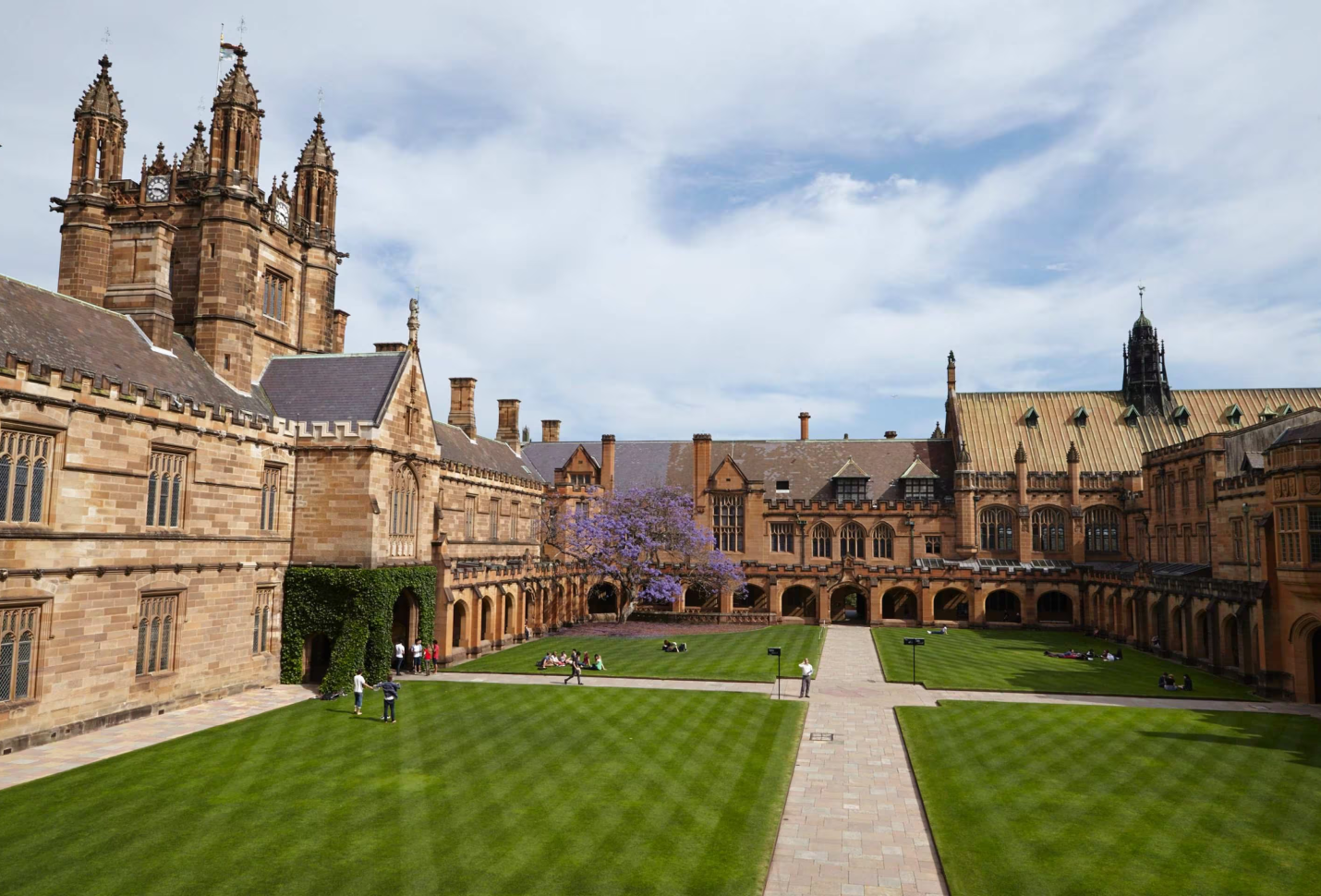
$30 trln in additional investments required to achieve net zero in 8 hard-to-abate sectors
The Net Zero Industry Tracker 2024 estimates that $30 trillion in additional capital will be required across ...

The Australian government is urged to inject one-off investment of $ 33.3 million to establish the Australian Institute of Applied Ethics, the first of its kind in the world, that would have social and economic benefits.
The University of Sydney has joined with The Ethics Center and the University of New South Wales to propose a new national institute: the Australian Institute of Applied Ethics.
The Institute will be an independent body to advise on the profound ethical questions that face the nation. It would work with existing initiatives and institutions to strengthen and reinforce ethical infrastructure and decision-making in all sectors of life and work across Australia.
An improvement in ethics and the resulting increase in trust in institutions would have social and economic benefits, boosting the profitability of businesses of all sizes. Research from Deloitte Access Economics indicates that a 10 percent improvement in ethics across Australia would produce an uplift on GDP of $45 billion per annum.
“The need to strengthen the quality of the nation’s ethical infrastructure – in the public sector, the private sector and across the professions – is urgent,” said the University’s Vice-Chancellor and President, Professor Mark Scott.
“An improvement in ethics and the resulting increase in trust in institutions would have social and economic benefits, boosting the profitability of businesses.”
“Stronger ethical infrastructure means a stronger economy – a more prosperous and equitable Australia,” said Dr Simon Longstaff, Executive Director of The Ethics Center. “This would be an investment in Australians and our institutions. We have everything to gain. Australia has never been more distrustful – and it costs us all more than we can know. The Australian Institute of Applied Ethics will help bring back trust to all aspects of our society.”
“Ethics sits at the heart of good business practice, good governance, education, and politics,” said University of NSW Vice-Chancellor, Professor Attila Brungs. “Rather than viewing ethics as an ambiguous discipline, we must reinvigorate it as critical to solving the intractable problems of our time – from improving productivity, to climate change, to closing equity gaps.”
The Net Zero Industry Tracker 2024 estimates that $30 trillion in additional capital will be required across ...
Egypt is gearing up for the 2025 Human Development Report, and debt swap initiatives, all ...
The European Bank for Reconstruction and Development (EBRD), the United Kingdom’s High-Impact Partnership on Climate ...


اترك تعليقا